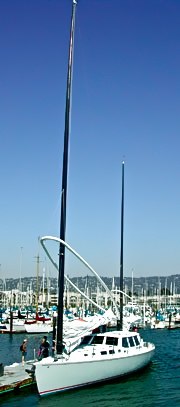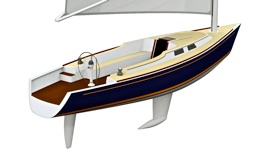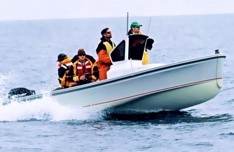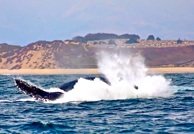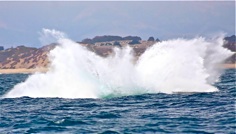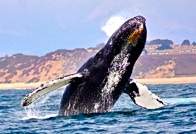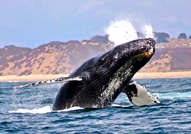SUSTAINABILITY
Our mission is to meet the challenges of climate change and ocean acidification, with innovative designs using low resistance hulls powered by clean technology. Aboard these vessels, our focus is to create a quiet revolution in ocean education, research, recreation, conservation, and commercial transportation.
“TOM WYLIE IS THE JOHN MUIR OF THE SEA.”
THE BAYLIS REPRESENTS A 90% - 95% REDUCTION IN CARBON EMISSIONS & COSTS
Learn about the pioneering efforts of WYLIE DESIGN GROUP and see Tom discuss some of these innovative solutions aboard the revolutionary 65’ Baylis.
POSITIVE CHANGE — MAKING A DIFFERENCE
Stacy, the WYLIE DESIGN GROUP skiff, cruises at the same speed as a Boston Whaler on 1/3 the fuel and 1/3 the horse power.
Each year Stacy works with Barbra Block and Stanford’s Hopkins Marine Station tagging great white sharks in the Pacific.
Stacy — 18’
Rachel
Carson — 240’

Coast Guard Patrol Cutter — 280’
Mini Baylis — 40’
WYLIE DESIGN GROUP is designing “Mini Baylis” to extend education and research programs to the 15 marine sanctuaries and ports of the world.
They are intended to be shared by private and nonprofit communities associated with marine sanctuaries. These ships are designed for solo research when not working together as a fleet.
WYLIE DESIGN GROUP is designing the Patrol Cutter to be as efficient as possible.
This remarkable design uses 1/10th the fuel and costs taxpayers half as much. To learn more, check out the drawing board component of our portfolio.
WYLIE DESIGN GROUP is designing the Rachel Carson for Oregon State University. This design uses solar panels to further reduce emissions.
She is named after the renowned American Biologist, Rachel Carson, whose work helped lead to the nationwide ban on DDT.
WYLIE DESIGN GROUP Sailing aboard the Baylis in the Monterey Bay with Sealife Conservation was joined by a majestic Humpback Whale. Photos courtesy of Martijn J. Stiphout
THE BAYLIS IS COAST GUARD RATED TO TAKE 49 PASSENGERS WITH ONLY 2 CREW

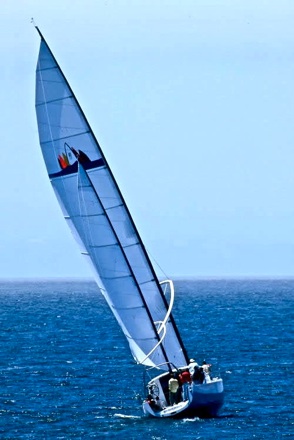
THE BAYLIS — A PROVEN SOLUTION
Modern sailboat technology holds the promise of utilizing wind power to provide a sustainable alternative to ocean travel and research. A pioneering example, the Derek M. Baylis, is an innovative 65’ research vessel that is changing the way scientists and environmentalists access, experience, and ultimately understand our world’s oceans.
Under power, the Baylis uses between 10% and 5% of the fuel that comparable vessels use. As a proof of concept, the Baylis represents a 90%-95% reduction in fuel cost and carbon emissions. To date the Baylis has served the following environmental communities:
Monterey Bay Aquarium – Science Under Sail Education Program
NOAA & Oregon State University – Mapping the San Andreas Fault, Chris Goldfinger
OCEANA – ROV Monterey Bay, Geoff Shester
TOPP – Great White Shark Research, Barbara Block and Hopkins Marine Station
Cascadia Research Collective – California Whale Research, John Calambokidis
Center for Whale Research – Killer Whale observation, Ken Balcomb
Sealife Conservation – Education and Plastics Research, Dave Robinson
The Clean Oceans Project – Tom Wylie is a technical advisor

